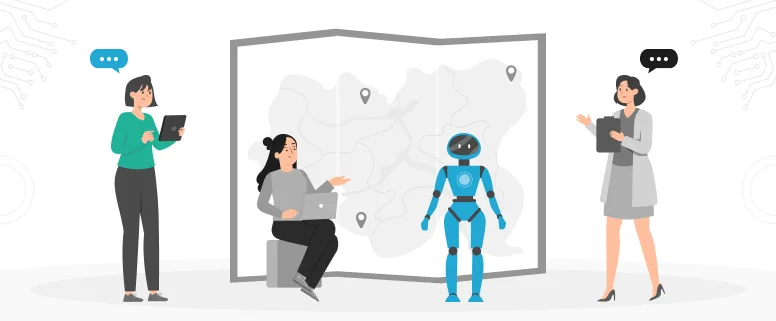It is quite different to translate audiovisual products, like movies, TV programs, TV series,commercials, in compared with traditional ones like novels, business letters and legal documents etc.
Besides,as the globalization has developed, it’s not rare to see some clients searching for individuals or agencies world-widely, to translate and subtitle their videos into one or more different language, for reasons like commercial promotions or international cultural exchange.
Most translators may realize that the basic units in translation are not merely word, sentence, but the culture as a whole. It is the cultural differences that keep us different from others, make us who we are, and who we will be. So the translation also should be regarded as a process of cultural interaction.Without abundant knowledge of cultural background,it would be difficult for translators to transfer connotations hidden in words.
Read Also: Some opinions on subtitling translation II
On this issue,I’d like to take some lines from an American episode as a example:
A: Hey, you guys all know what you want to do. You know, you have goals. You have dreams. I don’t have a dream.
A说道:你们都知道自己想要干什么。你们知道自己有目标,有梦想。而我没有梦想。
B: Ah, the lesser-known “I don’t have a dream” speech.
B说道:很少听闻 “我没有一个梦想”的演说。
Here, It is obvious that B , is making fun of A’ s words “You have dreams. I don’t have a dream”, by imitating Martin Luther King’s famous speech “I have a dream”.
Here, The translator need to have the knowledge of the cultural background to recognize the humor then appreciate it , or it would be quite difficult for them to catch the connotation.
So we should pay special attention to these culture-specific expressions. It is very important for the translators to be aware of the cultural connotations in the process of translation. Otherwise, it is easy to make mistakes.
Next, I’d like to introduce some strategies or treatments could be applied when translators encounters them.
The first one is called preservation
Here is an example,
A: it’s time for massage Madame ! Put your face into the hole please. (With a strange accent)
女士,按摩时间到了,请把脸放进洞里。
B: Wow, a real Swedish massage.
哇。一个货真价实的瑞典式按摩呢。
A: Ok, I’m Swedish…
好吧,我是瑞典人……
B: what’s your name?
你叫什么名字?
Here Ais trying very hard to sound like a Swedish .
A: I have a ordinary Swedish name.Ikea…
我有一个平凡的瑞典名字。宜家……
In this episode, A had lost her job then found a new one in a Swedish spa, where her friend B just happens to drop in for a massage. A Was not reluctant to let B find that she is working there, so she Pretended to be a Swedish with a strange accent. So when B asked what her name is, she made out the only Sweden name she knows – Ikea. Here, the cultural background of this specific reference is very important for the translators to totally appreciate its meaning,if they do not have any idea of the word’s cultural background,they may don’t know that IKEA is the brand name of a world famous Swedish furniture retailer,which is called 宜家in China.
As we may notice that all the translators make certain kinds of adaptation of the original text. Their choices appears to be decided by the need tomake the target text more acceptable to their target audience.
Here the translator adopted the preservation method, by treating IKEA as a proper personal name, and translate it into Chinese according to the sound.
To be continued……



